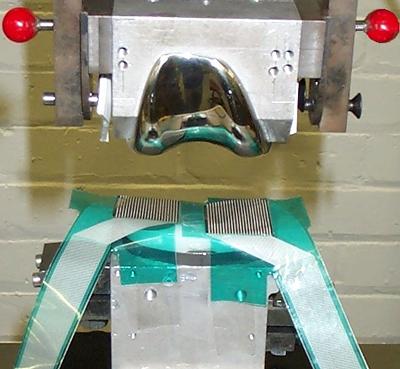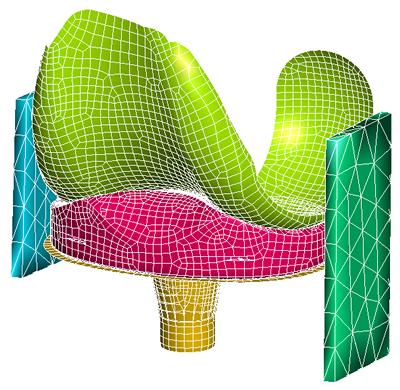Research project: Simulation of the passive and active motions of the replaced knee-effect of mal-alignment and ligament strains
After TKA there are many factors that can affect the overall survival of the knee, including the type of knee replacement used, component positioning and the soft tissue structures around the knee. Poor surgical technique can cause ligament imbalance or component mal-alignment, which could lead to early implant failure.

